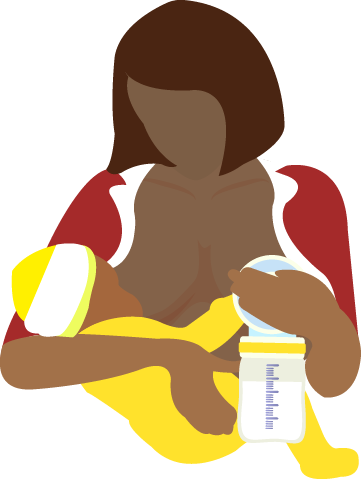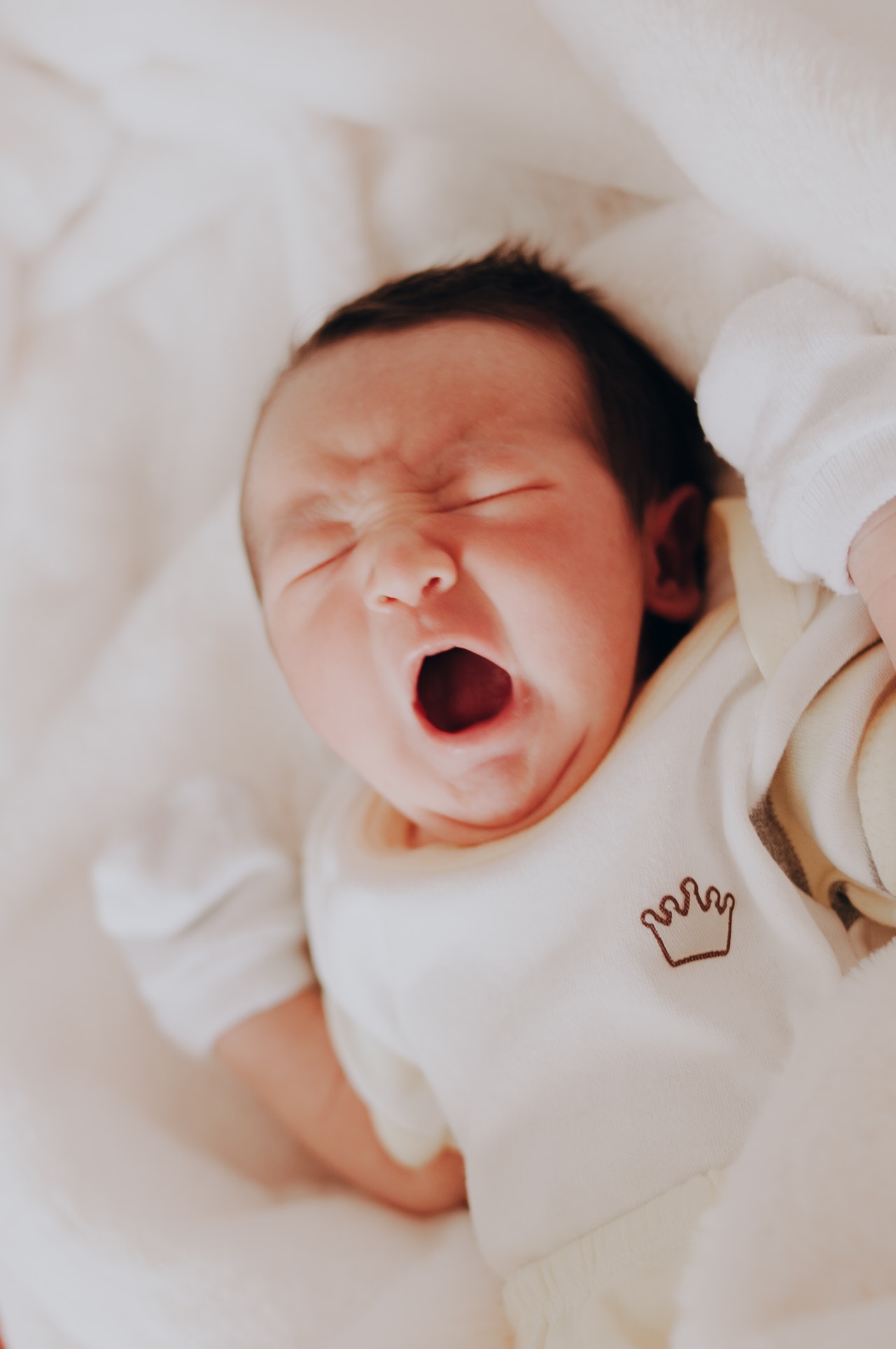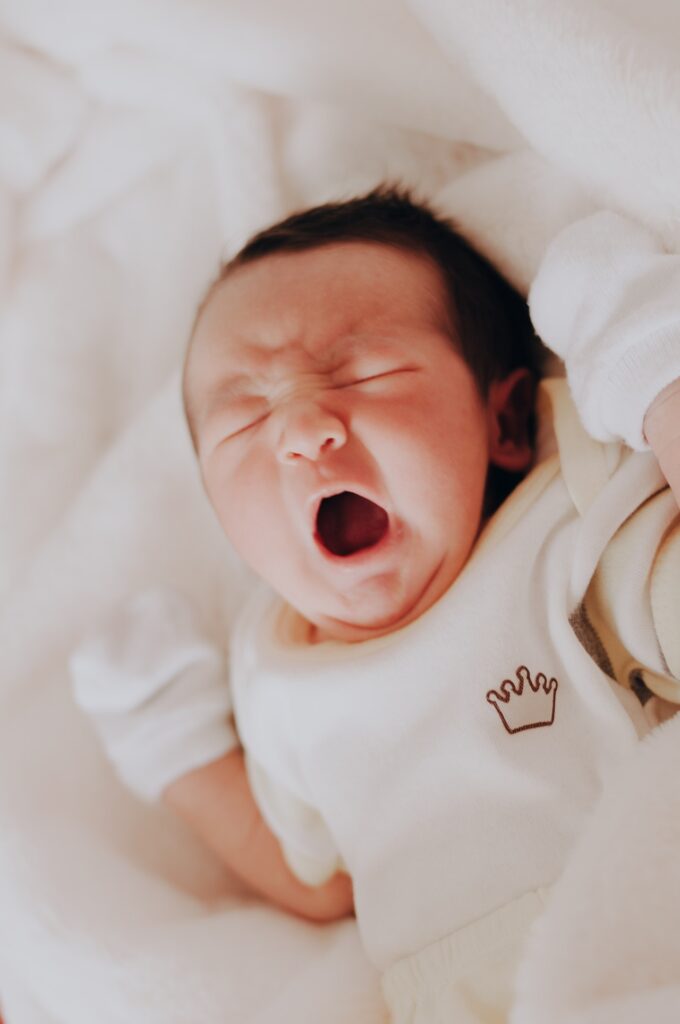If you or your baby are unwell, you may wonder whether it’s safe to breastfeed. The good news is breastfeeding while sick can have many benefits for both of you – read on to find out more. Did you know that if you breastfeed, your baby is less likely to get ill in the first place? While it won’t completely stop her becoming sick, breast milk’s protective properties mean breastfed babies tend to be unwell less often,1 and recover faster, than formula-fed babies.
Breast milk has antibacterial and antiviral elements.2 Depending on how long you breastfeed for, you’ll be lowering your baby’s risk of contracting colds and flu, ear and respiratory tract infections, sickness and diarrhoea.1 Scientists are even investigating breast milk’s potential for treating conditions ranging from conjunctivitis to cancer.3,4
Should I breastfeed my sick infant?
Yes. Breastfeeding a sick baby gives her a great chance of a speedy recovery, as well as helping to comfort her. Your breast milk contains antibodies, white blood cells, stem cells and protective enzymes that fight infections and may help with healing.1,5,6 It also has a constantly adjusting balance of vitamins and nutrients, supporting her to get better as quickly as possible. And that means fewer sick days and visits to the doctor for both of you.7
“Breastfeeding provides everything your baby needs if she’s poorly – it’s her medicine as well as her food, fluid and comfort. It’s the best thing on the planet for her,” says Sarah Beeson, a UK-based health visitor and nurse.
Amazingly, the composition of your breast milk changes when your baby is ill. If you’re exposed to a bacterial or viral infection, your body makes antibodies to combat it; these are then transferred to your baby through your milk.8 The levels of immunity-boosting cells, called leukocytes, in your milk also rise rapidly whenever your baby is unwell.5
And because breast milk is very easy to digest, it’s also the ideal food for babies with upset tummies.
“My daughter contracted norovirus when she was 12 months old, and breast milk was the only thing she could keep down,” remembers Maya, mum of two, Spain. We had weaned naturally to one breastfeed a day at bedtime, but the supply-and-demand effect of breastfeeding her more often again was quite astonishing. Within 48 hours, I was at dairy levels of production! It saved my baby girl being put on a drip.”
Bear in mind that you may have to alter the way you breastfeed your baby while she is sick. For example, a baby with a cold may want to feed more often, but for shorter periods, both for comfort and because a blocked nose may make it harder to stay at the breast for long. If your baby has a stuffy nose she might also prefer to feed upright, so you could experiment with different breastfeeding positions.
What if my baby seems too unwell to breastfeed?
Sometimes when a baby is feeling really ill she may not have the appetite or energy to breastfeed. If you’re struggling to get her to feed, contact a healthcare professional, lactation consultant or breastfeeding specialist for advice to prevent her becoming dehydrated.
They may advise you to express some milk to feed to your baby from a syringe, cup, or other method that you’ve found requires the least effort from her to drink from. Expressing when you would normally breastfeed will also keep your milk supply steady.
If you have any concerns about your baby’s health or milk intake, always seek medical advice quickly.
Can I still breastfeed when sick?
It may be the last thing you feel like doing, but it’s best to keep breastfeeding through almost any common illness. If you have a cold or flu, fever, diarrhoea and vomiting, or mastitis, keep breastfeeding as normal. Your baby won’t catch the illness through your breast milk – in fact, it will contain antibodies to reduce her risk of getting the same bug.
“Not only is it safe, breastfeeding while sick is a good idea. Your baby is actually the person least likely to fall ill with your tummy upset or cold, as she has already been in close contact with you and is getting a daily dose of those protective antibodies from your milk,” says Sarah Beeson.
However, being sick and continuing to breastfeed can be extremely tiring. You’ll need to look after yourself so you can look after your baby. Keep your fluid levels up, eat when you can, and remember your body needs extra rest. Book a seat on your sofa and snuggle up with your baby for a few days, and ask family or friends to help with caring for your baby when possible so you can focus on recovering.
“Don’t worry about your breast milk supply – you will keep producing it. Just don’t stop breastfeeding abruptly as you’ll run the risk of getting mastitis,” Sarah adds.
Good hygiene is important to minimise the risk of spreading the illness. Wash your hands with soap before and after feeding your baby, preparing and eating food, going to the toilet or changing nappies. Catch coughs and sneezes in a tissue, or in the crook of your elbow (not your hands) if you don’t have one with you, and always wash or sanitise your hands after coughing, sneezing or blowing your nose.
Source: MEDELA
Link for more: https://www.medela.com/breastfeeding/mums-journey/breastfeeding-while-sick#:~:text=If%20you%20have%20a%20cold,sick%20is%20a%20good%20idea.





